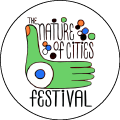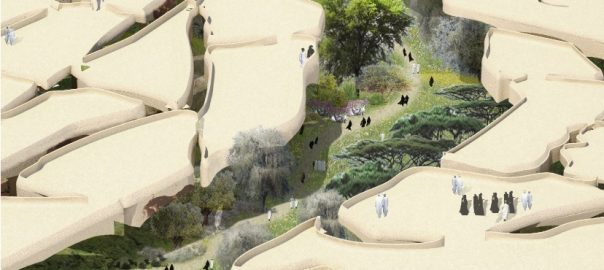8 December 2020
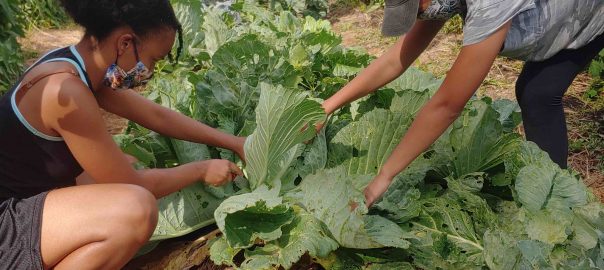
At the beginning of the pandemic, there was widespread concern and uncertainty. How many people would get sick? How long would this last? Will I lose my home, my job? Will there be food shortages? There were also widespread shutdowns—schools, offices, restaurants, libraries, even the police were only responding to...
0 Comment(s)Join our Conversation
4 December 2020
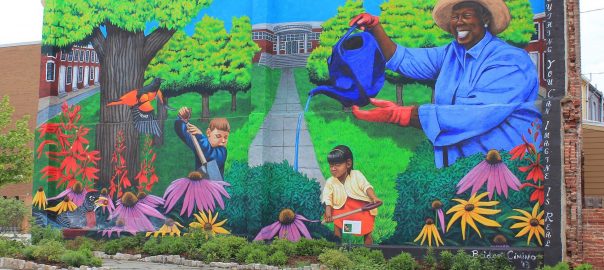
If we peel back the layers of our urban infrastructure and examine the ecological patterns that originally formed the landscapes beneath our feet, we can shape more resilient cities through an interdisciplinary and inclusive urban design process based on the braided narratives of place: ecology, history, and culture. More than...
0 Comment(s)Join our Conversation
1 December 2020
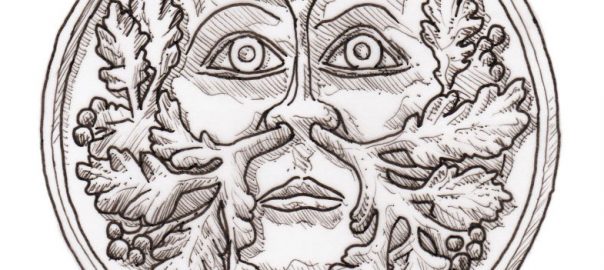
1 We are part of nature We are part of nature and we are interdependent with nature. 2 We think we can be separate from nature We cannot escape this interdependency. Even when we try, we are tied to living systems by umbilical cords of technology, constrained by natural...
7 Comment(s)Join our Conversation
22 November 2020
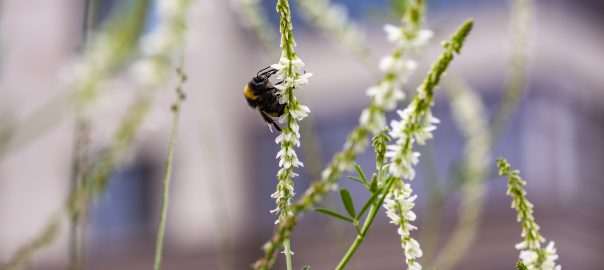
And What Grassplots, Amur Leopard, and Mold Have in CommonWhat is biodiversity for? Some don’t need that question answered: you just adopt a philosopher’s perspective, and everything becomes clear—all living things have the right to dwell on the planet. For others, the question is confusing. Those trying to find a quantitative answer to...
0 Comment(s)Join our Conversation
21 November 2020
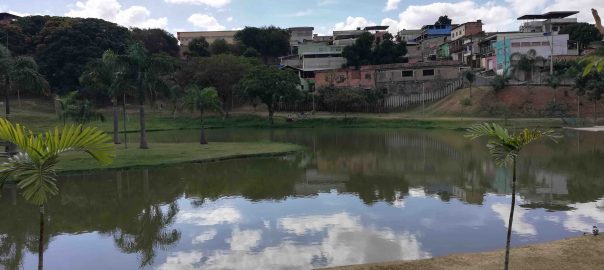
Green and blue infrastructure (GBI), a form of nature-based solutions (NBS), can provide huge benefits for cities, as GBIs are innovative ways to connect biodiversity and people. Besides the direct functions that the infrastructure provides (e.g. flood prevention or cooling effect), there is also a series of co-benefits that nature...
0 Comment(s)Join our Conversation
18 November 2020
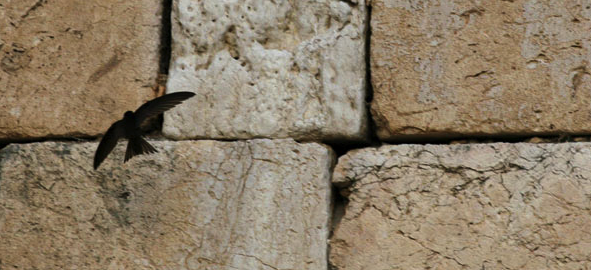
Episode 3: Generations of Climate Change “A Child of the Oasis” by Ari Honavar, read by Nora AchratiA mother and daughter meet an undocumented refugee on their annual ride to the father’s Remembrance Wall. “Not Icarus” by Michael Harris Cohen, read by Dori LeggA grandmother defies social law by killing birds...
0 Comment(s)Join our Conversation
17 November 2020
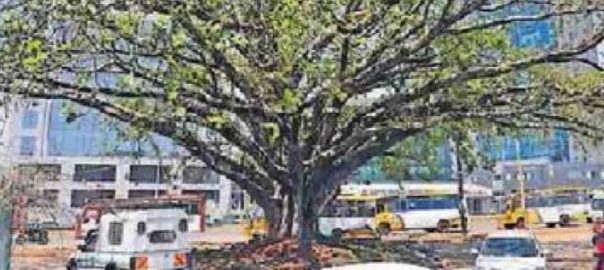
Since 2013, the government of Kenya has laid out extensive expansion plans for the city’s transport infrastructure. Nairobi County’s strategy lays out a progressive framework that has seen the introduction of Mass Rapid Transit Systems (MRTS), the standard gauge railway, connectors, and the expansion of several other feeder roads. The...
1 Comment(s)Join our Conversation
14 November 2020
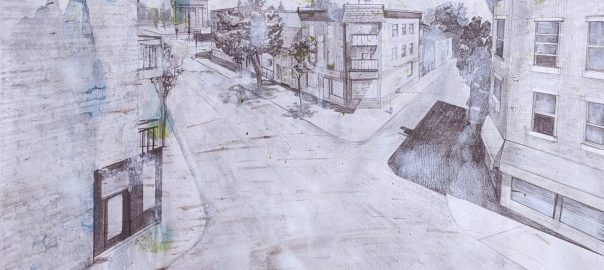
Want to explore diverse and connecting threads in urban ecological arts? In the LEAF, three FRIEC Urban Arts Collective members share something from their ideas and work for 10 minutes each, followed by Q&A. Presenters: Christina Freeman, New York Lucie Lederhendler, Montreal Paula Nishijima, Amsterdam 18 November To watch the recording:...
0 Comment(s)Join our Conversation
9 November 2020
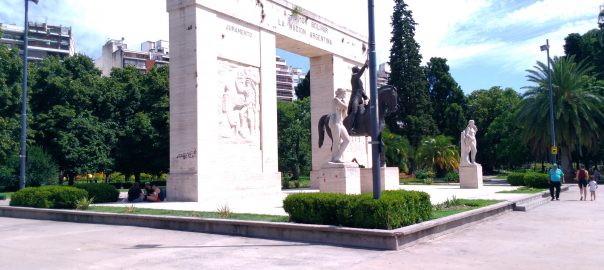
The urban matrix is dominated by the built environment that undoubtedly predominates over green infrastructures like domestic gardens, woodlands, tree-lined streets, squares, sports fields, and green corridors. Thus, cities must be seen as a complex system where the interacting gray, green, and blue elements cannot be analyzed individually. Proper handling...
0 Comment(s)Join our Conversation
3 November 2020
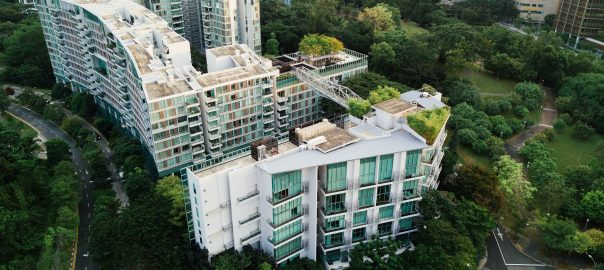
Cities are almost entirely dependent on surrounding regions for food, water, and energy (FWE) to sustain urban population and activities. Sixty percent of the global population will live in cities by 2030, with 90% of urban growth in the coming decades likely to occur in low- and middle-income countries. Rising...
0 Comment(s)Join our Conversation
26 October 2020
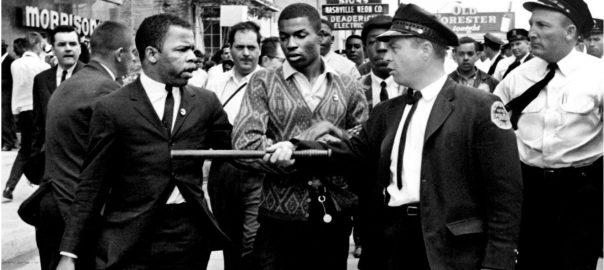
A meditation on race and ecology on the occasion of the death of U.S. Representative John Lewis.Representative John R. Lewis (1940-2020) was a hero of the civil rights movement in the United States. He was one of the six leaders of the famous 1963 March On Washington, a leader of...
1 Comment(s)Join our Conversation
20 October 2020
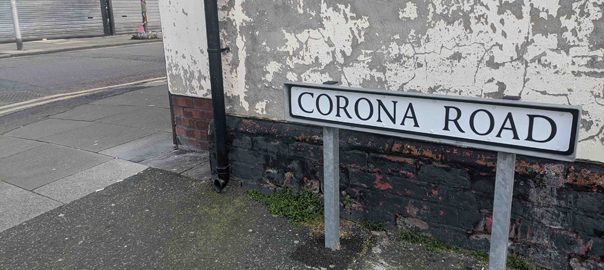
“Stay home!” This is the imperative that has echoed across the planet in the last months. Everyone is at, and a, risk to themselves and others. And so we did. We mostly stayed at home. After a few days, we began to notice that our house, our cities, and our...
0 Comment(s)Join our Conversation
8 October 2020
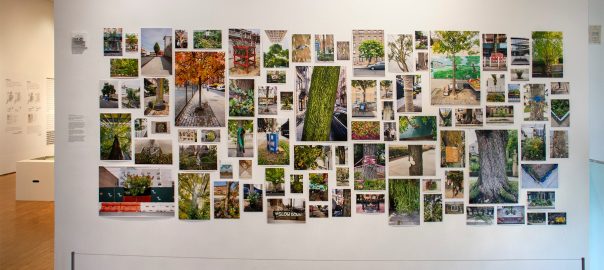
Want to explore diverse and connecting threads in urban ecological arts? In the LEAF, three FRIEC Urban Arts Collective members share something from their ideas and work for 10 minutes each, followed by Q&A. Presenters: Olive Bieringa, OsloMatthew Jensen, New YorkStéphane Verlet-Bottéro, Paris 21 October, 11am EDT Olive Bieringa, Oslo: “Resisting Extinction” is...
0 Comment(s)Join our Conversation
7 October 2020
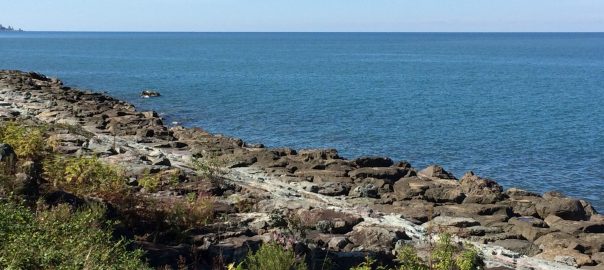
Episode 2—Sea Level Rise The read stories are Rym Kechacha’s “Old Father Thames” and Alyssa Eckles’ “Uolo and the Idol”. The Stories are first read, then authors Rym and Alyssa then join David Maddox for conversation. “Old Father Thames” by Rym KechachaThe narrator gets swept away by Old Father Thames...
0 Comment(s)Join our Conversation
6 October 2020
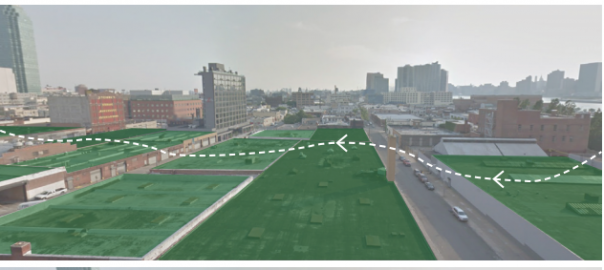
Urban green spaces have long been a refuge for city dwellers, especially in times of crisis, but how has the COVID-19 pandemic affected the use and importance of urban green and open spaces? Are they perceived or used differently during this time? Who has access historically, but also during COVID-19?...
0 Comment(s)Join our Conversation
30 September 2020
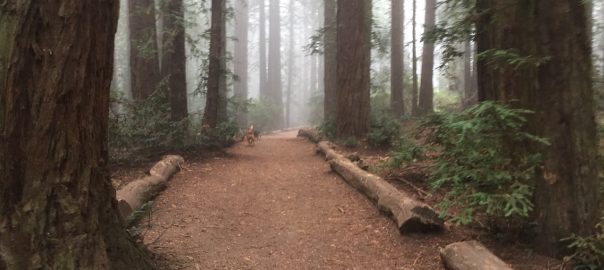
11 Comment(s)
Join our Conversation
30 September 2020
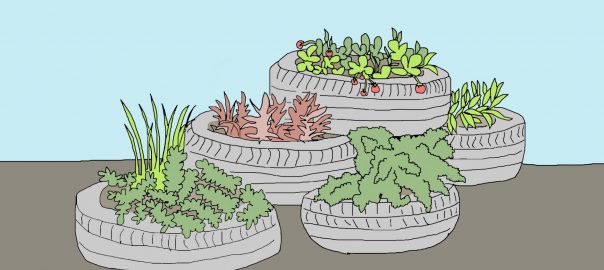
En español. In December 2019, the city of Wuhan, China, reported the first case of Coronavirus. Since then, the virus has spread rapidly, reaching more than 31,300,000 cases worldwide (as of September 2020, according to John Hopkins University). Globally and regionally, a series of measures have been taken to slow...
0 Comment(s)Join our Conversation
28 September 2020
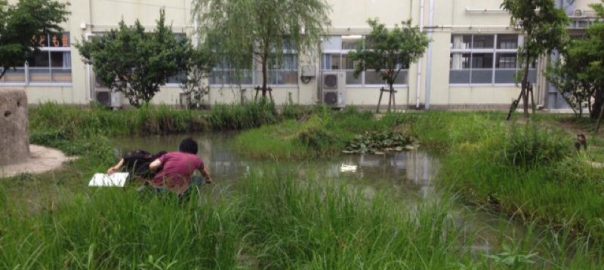
Episode 1—Biodiversity We read two stories: Claire Stanford’s “Neither Above Nor Below” and Elizabeth Twist’s “May Apple”. Both stories were prize winners in the original Stories of The Nature of Cities 2099 contest. The Stories are read by actors Howard Overshown and Dori Legg. Authors Claire and Elizabeth are then...
0 Comment(s)Join our Conversation
24 September 2020
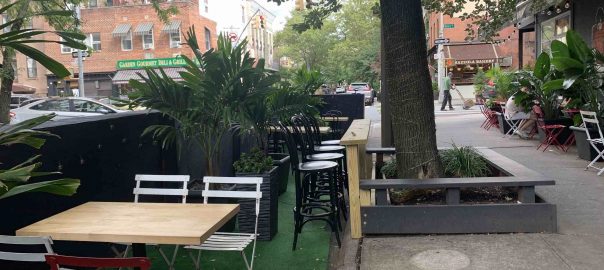
SUMMER We started to settle into our “new normal”, with the pace of our journal entries significantly slowing down. Social distancing didn’t feel as novel any more, we weren’t noticing the shifts and changes as much. Or perhaps we were worn down with mental fatigue and journaling didn’t feel therapeutic,...
1 Comment(s)Join our Conversation


